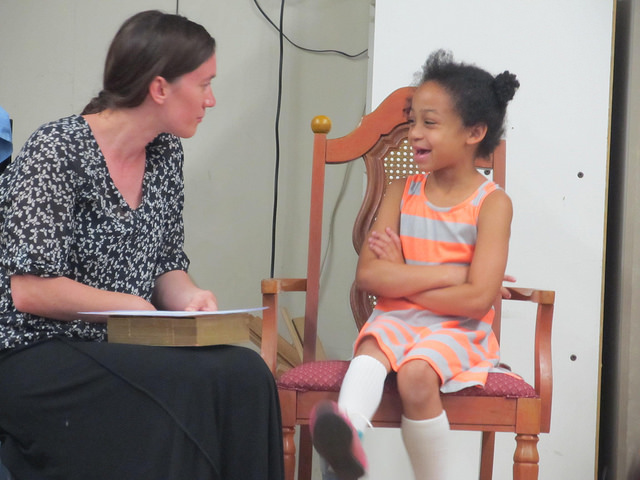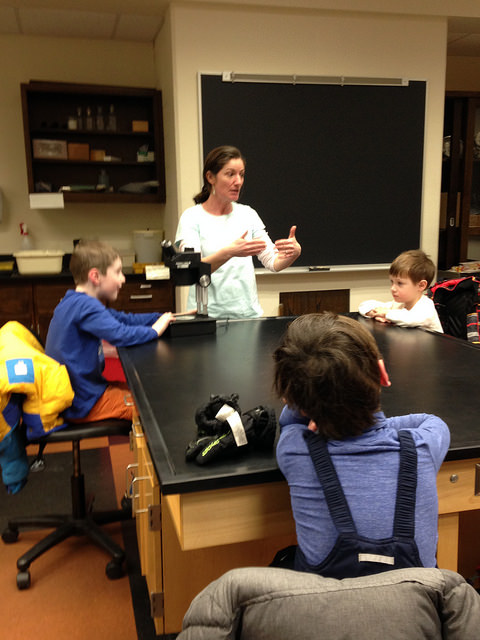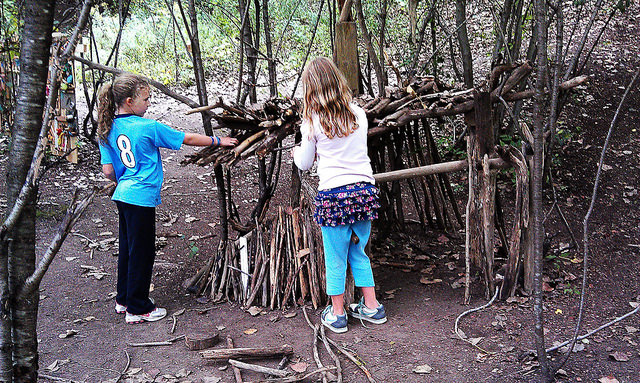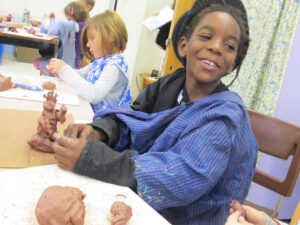Education, at its best, is personal,
adaptive, interactive and comprehensive.
Personal: Meaningful Relationships
 The process of education is best built upon strong relationships: teacher to teacher, teacher to child, child to child. We design an environment in which healthy relationships grow, and guide students in the skills necessary for successful relationships.
The process of education is best built upon strong relationships: teacher to teacher, teacher to child, child to child. We design an environment in which healthy relationships grow, and guide students in the skills necessary for successful relationships.
Teachers take time to know the children, to see them in many lights, and create activities and settings in which children learn in challenging and meaningful ways.
Adaptive: Customized Learning
 A child’s unique disposition to learn is perhaps the most powerful factor in their education. When teachers respond to the child’s learning disposition in presenting material and setting expectations, content is accessible and interesting to that student. Children assimilate information idiosyncratically, based on their prior experiences and understanding; teachers are attuned to assumptions and interpretations a child is making, and adjust and revisit areas of study as needed.
A child’s unique disposition to learn is perhaps the most powerful factor in their education. When teachers respond to the child’s learning disposition in presenting material and setting expectations, content is accessible and interesting to that student. Children assimilate information idiosyncratically, based on their prior experiences and understanding; teachers are attuned to assumptions and interpretations a child is making, and adjust and revisit areas of study as needed.
Each child’s curriculum is designed to move that student forward from their learning edge, which might be at varying levels in different areas of study. A continuous feedback loop of observation and conversation gives teachers insight into a child’s changing needs, abilities, knowledge and interests; they make adaptations in the child’s curriculum in response. Students remain intrigued, and engaged in their learning.
Interactive: Experiential Learning
 It is essential that children be active participants in their education. Students exposed to a wide variety of hands-on experiences, daily opportunities for play, outdoor projects and long term projects in varying pairs and groups are internalizing social principles as well as testing ideas and techniques, elaborating solutions, absorbing and reinforcing information, and gaining mastery.
It is essential that children be active participants in their education. Students exposed to a wide variety of hands-on experiences, daily opportunities for play, outdoor projects and long term projects in varying pairs and groups are internalizing social principles as well as testing ideas and techniques, elaborating solutions, absorbing and reinforcing information, and gaining mastery.
Individual students meet informally with a teacher to check in on curriculum design. Within the safety of a caring atmosphere, children learn healthy risk-taking, and in a multi-aged setting, mentor others, and find resources and friendship in a wide range of ages.
Comprehensive: Educating the Whole Child
 Academic development excels when we respond to all aspects of the child’s development, including social, emotional, physical, creative, and cognitive abilities. Knowledge absorbed through active learning is accessible, and shared through interactions.
Academic development excels when we respond to all aspects of the child’s development, including social, emotional, physical, creative, and cognitive abilities. Knowledge absorbed through active learning is accessible, and shared through interactions.
Large areas of study follow an arc: shared background information, individual research on an aspect of the topic, written work, and the arts. Each student presents their specialized knowledge to the rest of the students, involving all the children in teaching and in learning. Through this process, children tap myriad skills, which grow through their work.
Play and active experience enhance students’ learning and make time for the imagination. Social/emotional development is nurtured and guided as issues come up; the children learn how to process difficult conversations and to take responsibility for their choices. Specific skills, such as cooperation, communication, organization, decision making, use of time, critical thinking and problem solving are core elements of ongoing learning.
Click here to read about a typical New School day or check out these photos.